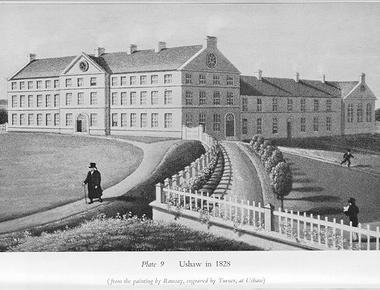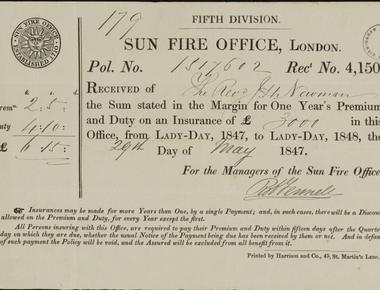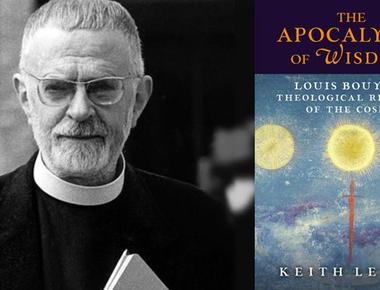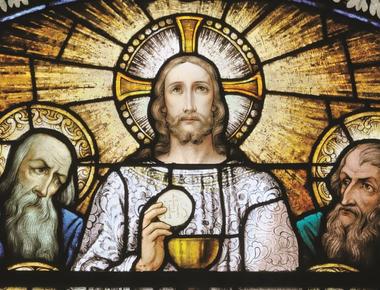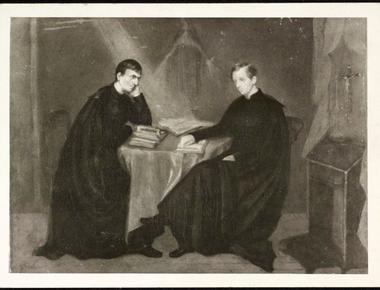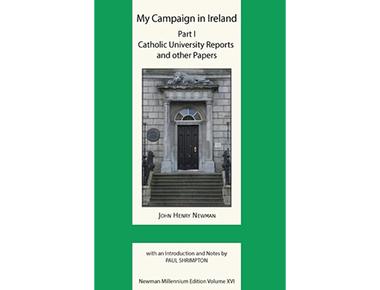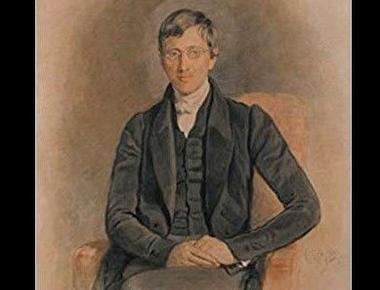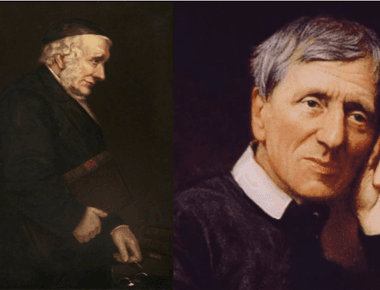
Newman’s influence is not relegated to the English-speaking world only; rather, it can be seen in the Spanish-speaking world as well.
Newman’s influence is not relegated to the English-speaking world only; rather, it can be seen in the Spanish-speaking world as well.
The cumulative effect of the theological debates at Oxford, together with his pastoral experience and personal reflections, gradually led Newman to a more high church ecclesiological approach, especially on visibility, invisibility, and apostolicity of the church.
The dialogue I seek to construct between Troeltsch and Newman hinges particularly on Newman’s reception of the patristic concept of oikonomia.
Lingard remarked upon Newman’s career several times in his correspondence, usually with a mixture of suspicion and curiosity.
As an archivist, I was incredibly excited by the platform and conceptualization of access that NINS was creating, showing a forward-thinking vision that was almost unheard of at the time.
The primary purpose of Lemna's masterful book The Apocalypse of Wisdom: Louis Bouyer's Theological Recovery of the Cosmos is to shed light on the "twists and turns of the path Bouyer charts in Cosmos" (xiii).
This article aims to understand why a defense of a corporeal, real presence of Christ in the sacrament was problematic in nineteenth-century England.
Tuninetti argues that at the College in Rome he eventually found, and was profoundly attracted by, what he had long been looking for: the opportunity to participate in the daily life of an established Catholic community—at a time when he was considering his own vocation within the Church of Rome.
The newest volume in the Birmingham Oratory’s Millennial Edition of Newman’s works published My Campaign Part I for the first time.
Patricia O’Leary’s The Gentleman Saint (Gracewing, 2020) is a short and delightful introduction to John Henry Newman.
QUICK LINKS


